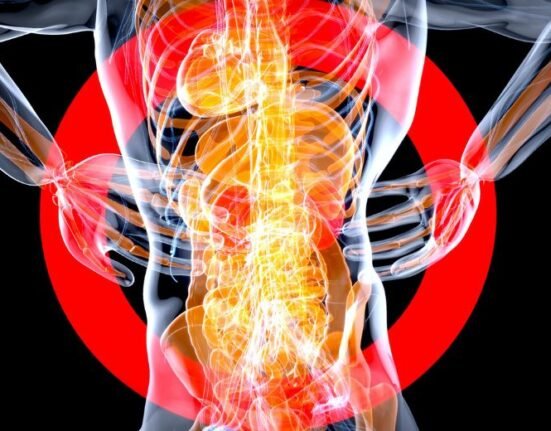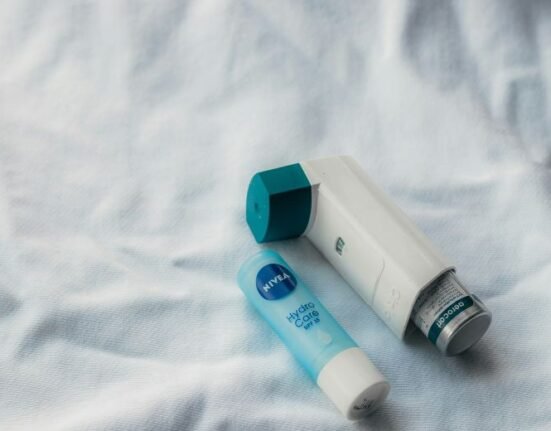HQ Team
May 4, 2024: A new research says that nitrogen dioxide gas (NO2) emitted by gas and propane stoves is likely to cause asthma in young children after prolonged exposure.
The study suggests that around 50,000 current cases of pediatric asthma in the U.S. are linked to long-term exposure to nitrogen dioxide from gas and propane stoves.
The Stanford University study says that the average yearly exposure to nitrogen dioxide from gas and propane stoves in U.S. homes may be close to the World Health Organization’s limit.
NO2 exposure is 4.0 parts per billion volume on average across the United States, 75% of the World Health Organization’s exposure guideline.
NO2 exposure
The study measured NO2 exposure and health consequences using emissions and concentration measurements from >100 homes in various demographies in the US. They developed an indoor air quality model and epidemiological risk parameters.
The team then combined this data with information from a U.S. Energy Information Administration survey about how often people use their stoves and indoor ventilation. They then calculated annual exposure to nitrogen dioxide and the approximate number of new asthma cases that would be expected as a result, based on past studies.
The study found people living in residences <800 ft2 in size incur four times more long-term NO2 exposure than people in residences >3000 ft2 in size; American Indian/Alaska Native and Black and Hispanic/Latino households incur 60 and 20% more NO2 exposure, respectively, than the national average, revealed the study.
“If you don’t smoke in your home, then your gas stove is one of the largest sources of air pollution in your home,” said Yannai Kashtan, the study’s lead author and a doctoral candidate at Stanford’s Doerr School of Sustainability.
“We found that poor people breathe dirtier air outdoors and — if they own a gas stove — indoors, too,” said Rob Jackson, a co-author of the study and a professor of Earth science at Stanford. “People in public housing and in poorer neighborhoods who often rent can’t switch their appliances because they don’t own them or they can’t afford to do so.”
A previous study also found that 13% of childhood asthma cases in the U.S. were attributable to gas stoves.
Industry denial
The gas and propane industry has refuted allegations of harmful effects of NO2 in stove gas. They say the study is relying on unreliable data. The statistics on the harmful effects of stove gas are negligible.
Some measures suggested to reduce exposure include opening windows or installing proper ventilation and range hoods. Another alternative is to pass laws prohibiting the use of gas stoves in new buildings. Induction and electrical stoves are viable options.








